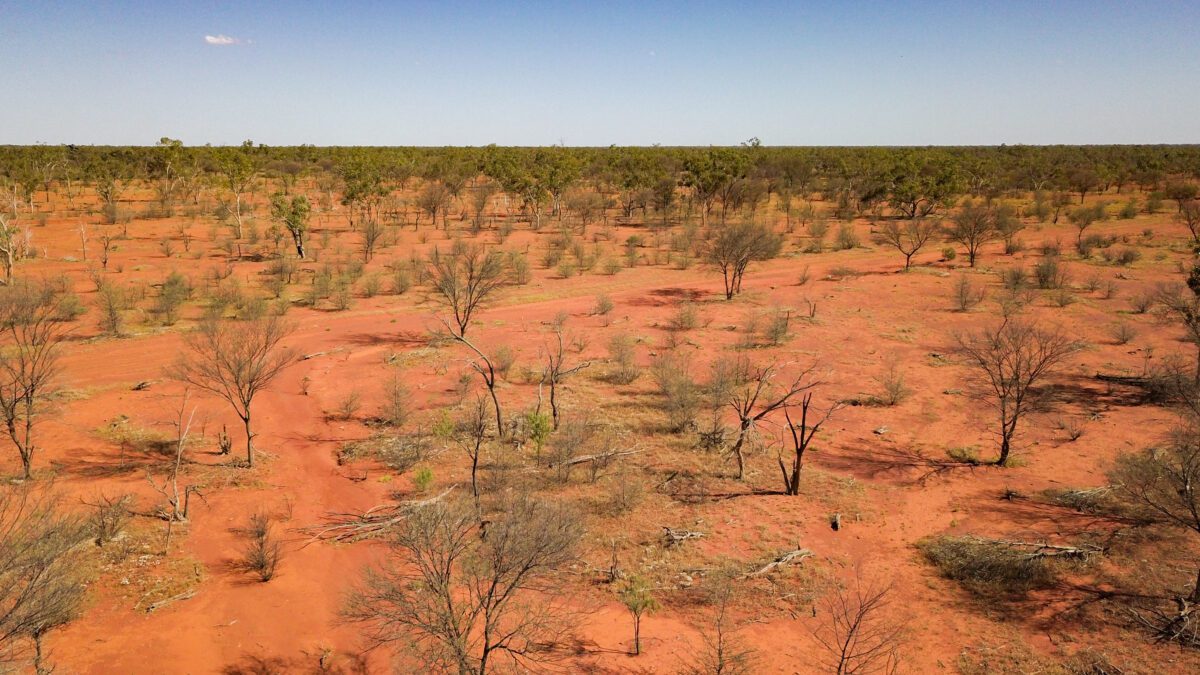While it is important to continue the implementation of reforms to Australia’s carbon crediting framework, it is also equally vital that critiques are based on appropriate data and recognise extra assurance measures now in place said the Carbon Market Institute (CMI) today.
“Minister Bowen was correct today in emphasising the extra work taking place since the report of the Independent Review into Australia’s Carbon Credit Units led by former Chief Scientist Professor Ian Chubb,” said John Connor, CEO of CMI.
The Minister was responding to a study published today in Communications Earth & Environment, which appears largely based on information sources used by the authors in the context of the Chubb Review, completed in late 2022.
The study draws heavily on data from a Forest and Sparse Woody (NFSW) dataset that informs national Inventory accounts but has been deemed insufficient at project level by the Clean Energy Regulator (CER) since 2019. Projects must use more detailed information to comply with the regulatory requirements. Guidelines are available here on page 7 under “Evidence of Forest Cover”.
Since the Chubb Review, both the Clean Energy Regulator and ANU Associate Professor Cris Brack have separately undertaken additional audit checks on Human Induced Regeneration (HIR) projects to ensure that they align with Review recommendations and that management activities, mapping approaches and regeneration checks are taking place in line with regulatory requirements. Further independent audit checks will now be undertaken at five yearly ‘gateways’.
The study also draws on Carbon Estimation Area (CEA) data that has become available since the Review. However, as outlined in CMI’s Guidance Brief released last year, CEA data alone only constitutes a small proportion of the information used to accurately measure project outcomes, and there is the potential for it to be misinterpreted if not accompanied by additional information.
“The release of more project data is important as we move toward a more comprehensive public-facing National Data Platform, as recommended by the Review. However, it’s important that we don’t rush to conclusions from incomplete datasets in the interim,” concluded Connor.
About the Carbon Market Institute
The Carbon Market Institute (CMI) is a member-based Institute for best practice in decarbonisation with around 150 companies across the carbon value chain including primary producers, carbon service providers, law firms, banks, investors, communication, transport and other emission intensive companies. The positions put forward constitute CMI’s independent view and do not purport to represent any CMI individual, member company, or industry sector.



